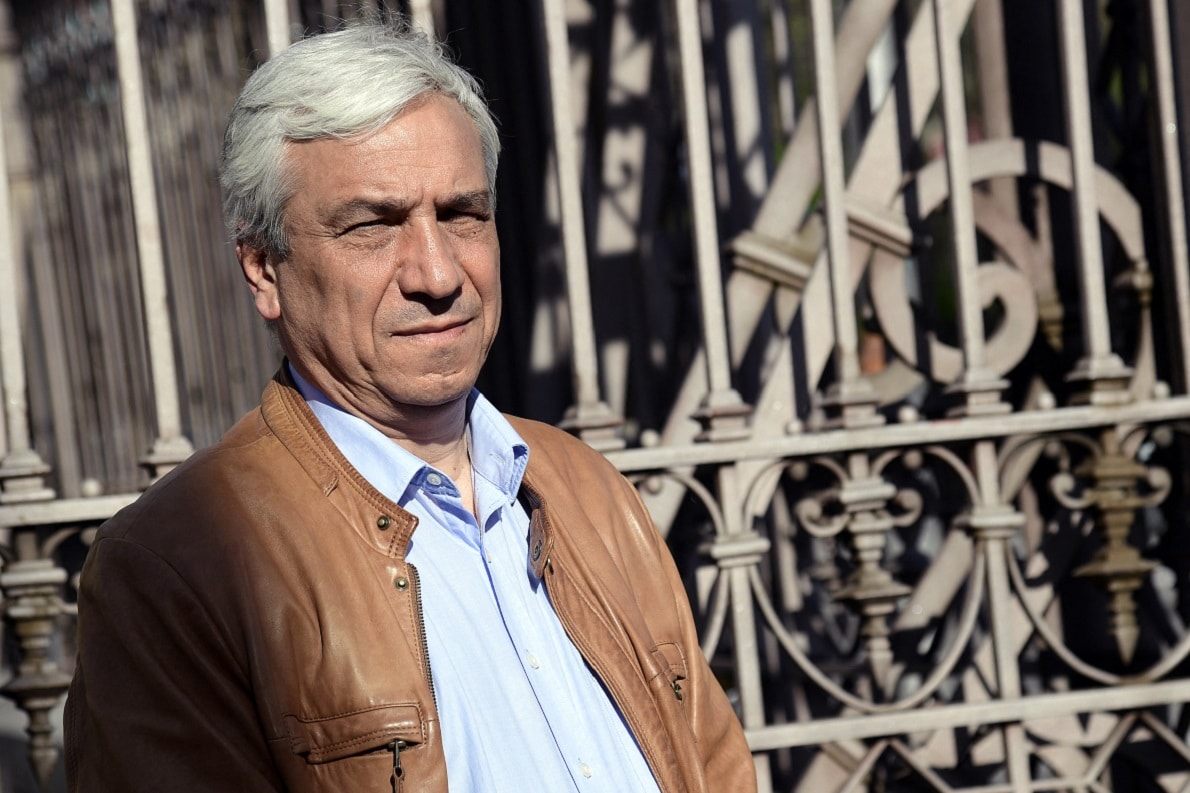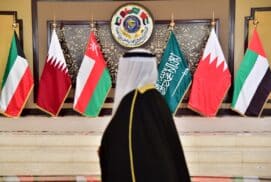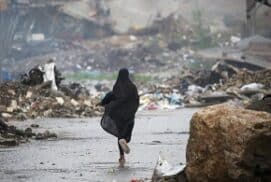Among the Israeli hostages in Gaza, some are still lost, while others are being released. With the ceasefire agreement now in effect, Hamas has begun releasing hostages who were kidnapped over 15 months ago. The first to be freed are women, the elderly, and children, as outlined in the agreement. However, a devastating blow to the families and all of Israel came in the last few hours: not all of the 33 hostages to be released in the first phase of the agreement – which lasts 42 days – are still alive. Some, likely 8, have died, and only their bodies will be returned. Hamas officially informed Israel, confirming intelligence reports. Meanwhile, there is still uncertainty about the fate of the other hostages not included in this first group. It’s estimated that 63 more hostages remain, most of them men.












